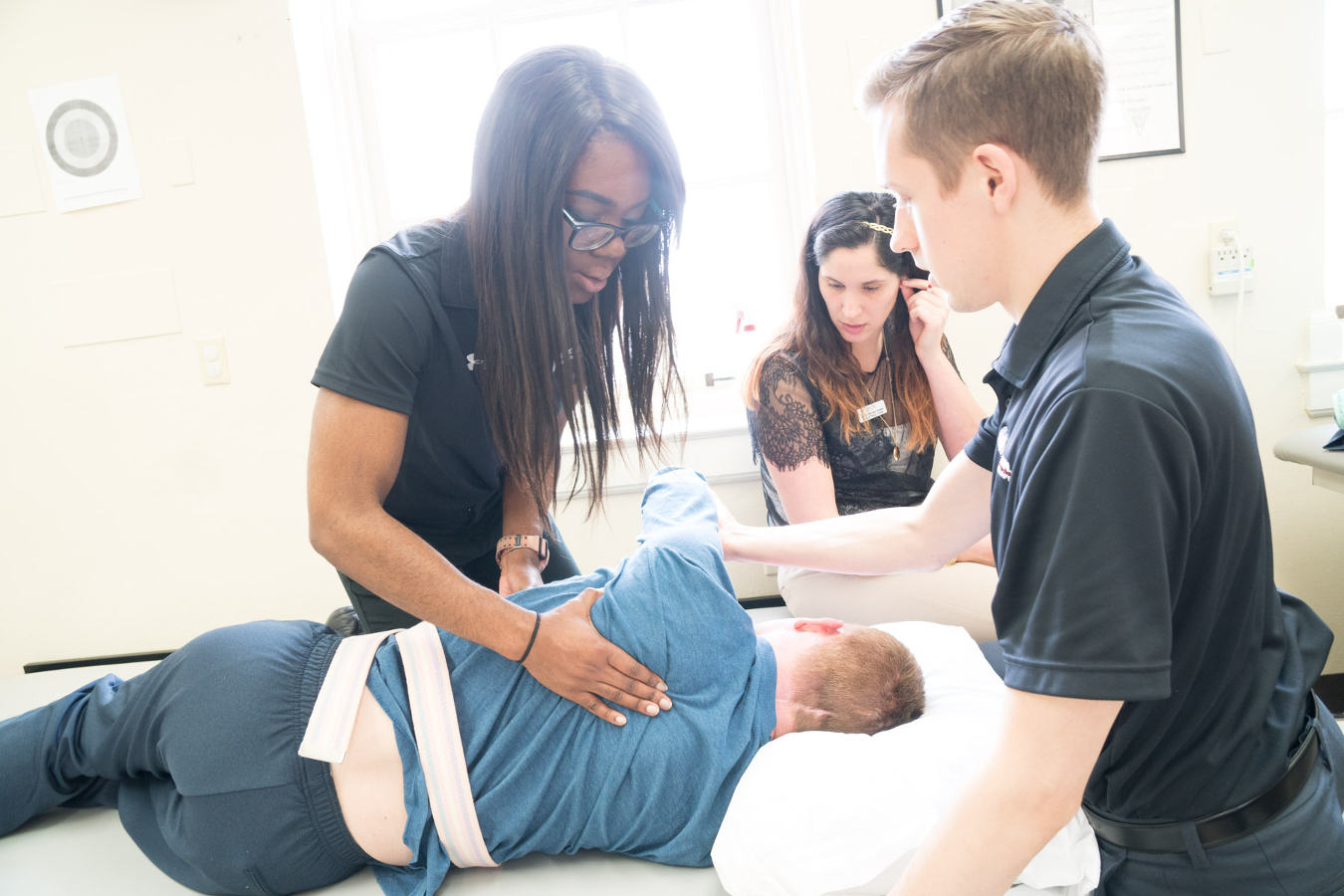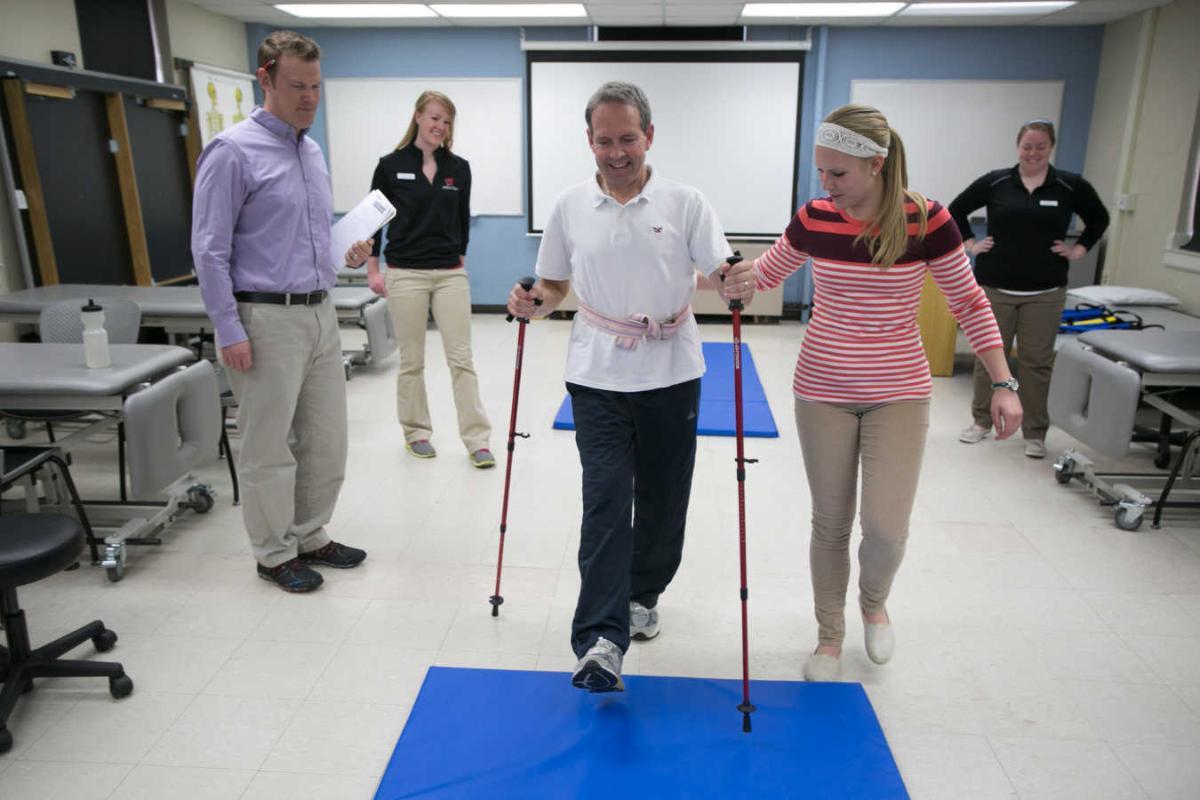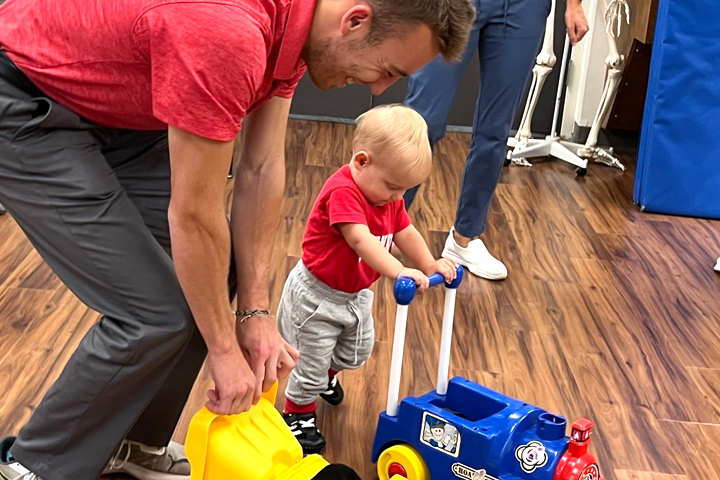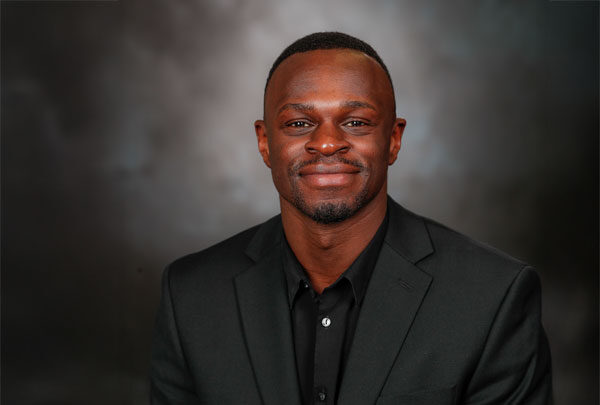
DPT Clinical Education
The UW–Madison Doctor of Physical Therapy program requires completion of 42 weeks of full-time clinical education experiences. We follow a non-concurrent clinical education model, which means you are immersed in a clinical environment full time during this part of your training. This doesn’t mean you won’t have clinical experiences through your courses. Many courses require clinical observations and experiences, arranged by the course instructors, to provide continued clinical exposure.
When Do Clinical Experiences Occur?
- Year 1: Two-week experience at the beginning of January
- Year 2: Four-week experience at the end of spring semester
- Year 3: Four consecutive nine-week experiences
Rotation Types
Students are encouraged to explore both rural and urban settings. Students may have the opportunity complete clinical placements in specialized settings, such as high-level professional sports and pelvic health.
Students are required to complete nine weeks of clinical experience in each of these three areas:

Inpatient/Acute care
Hospital setting often including those who are critically ill and/or in the intensive care unit

Outpatient Orthopedics
Hospital-based clinics, private practices and/or sports medicine settings

Neurological rehabilitation
Inpatient rehabilitation units, skilled nursing facilities, outpatient neuro-based clinics, or pediatric settings

Brian Ishola, DPT ’21, DPT program instructor at the University of Minnesota and owner of LAB Sports Therapy
Clinical Experience Locations
UW–Madison contracts with approximately 350 organizations in 41 states, including Alaska and Hawaii, and one international site in Belize.
Our long program history results in a large, wide-spread, and strong alumni base who are often eager to mentor students during their clinical education.
All expenses associated with clinical placements including, but not limited to, travel, lodging and meal expenses are the student’s responsibility.
Clinical education compliance requirements